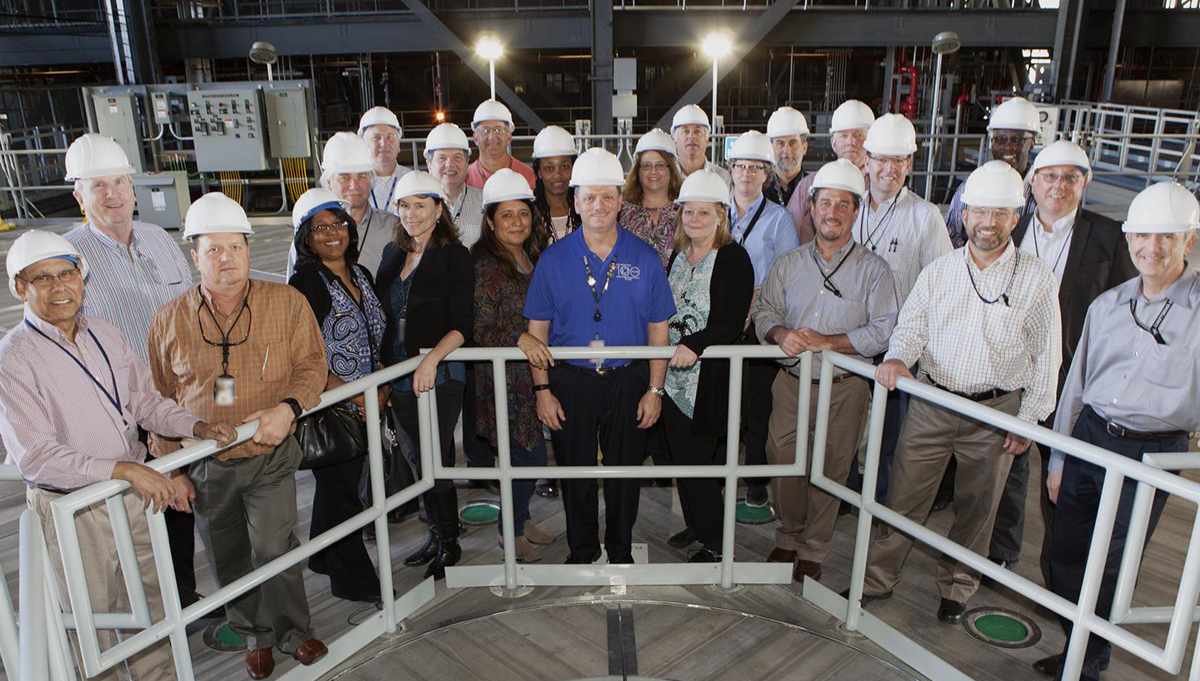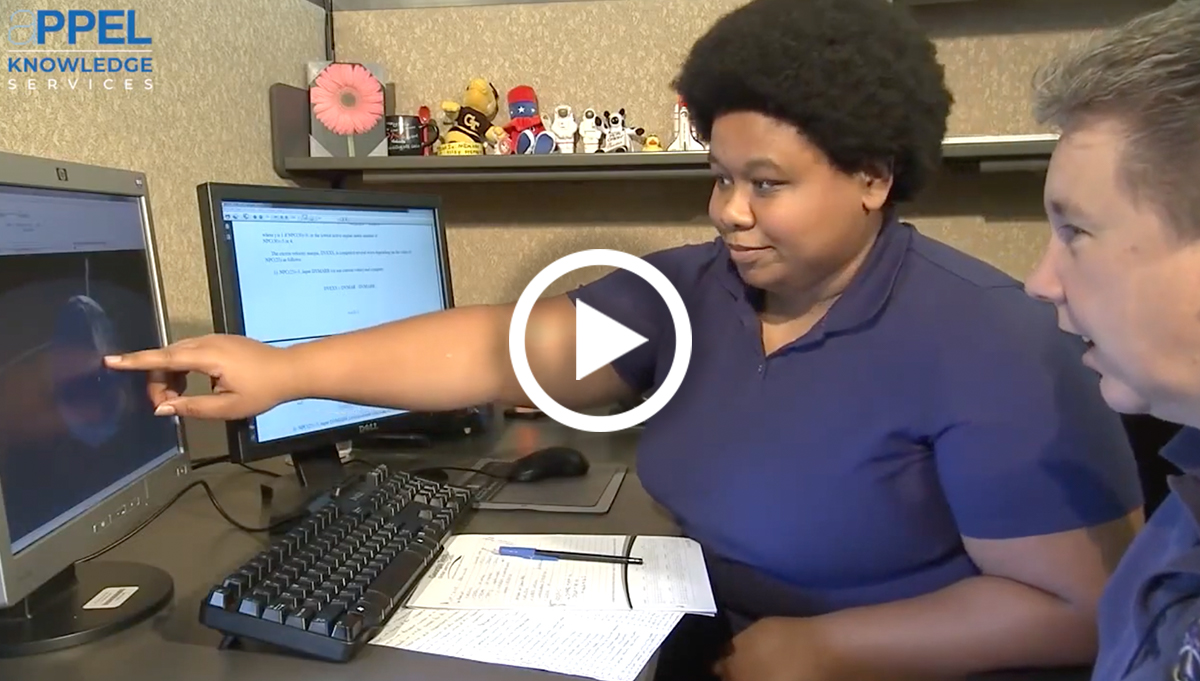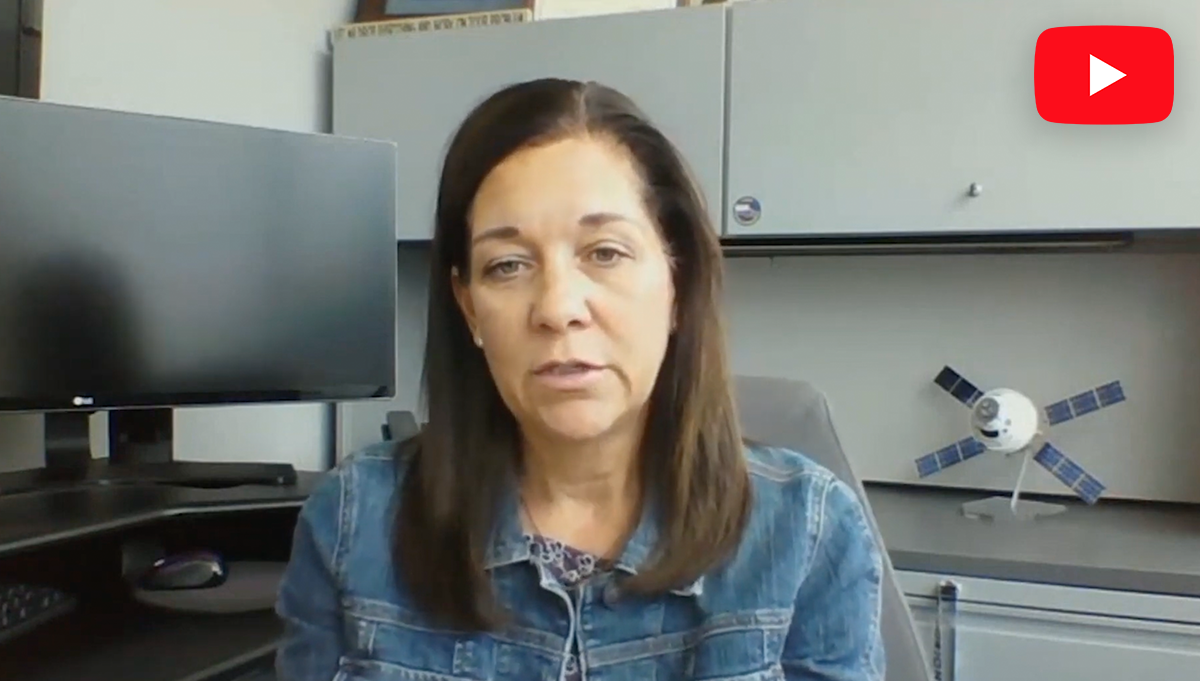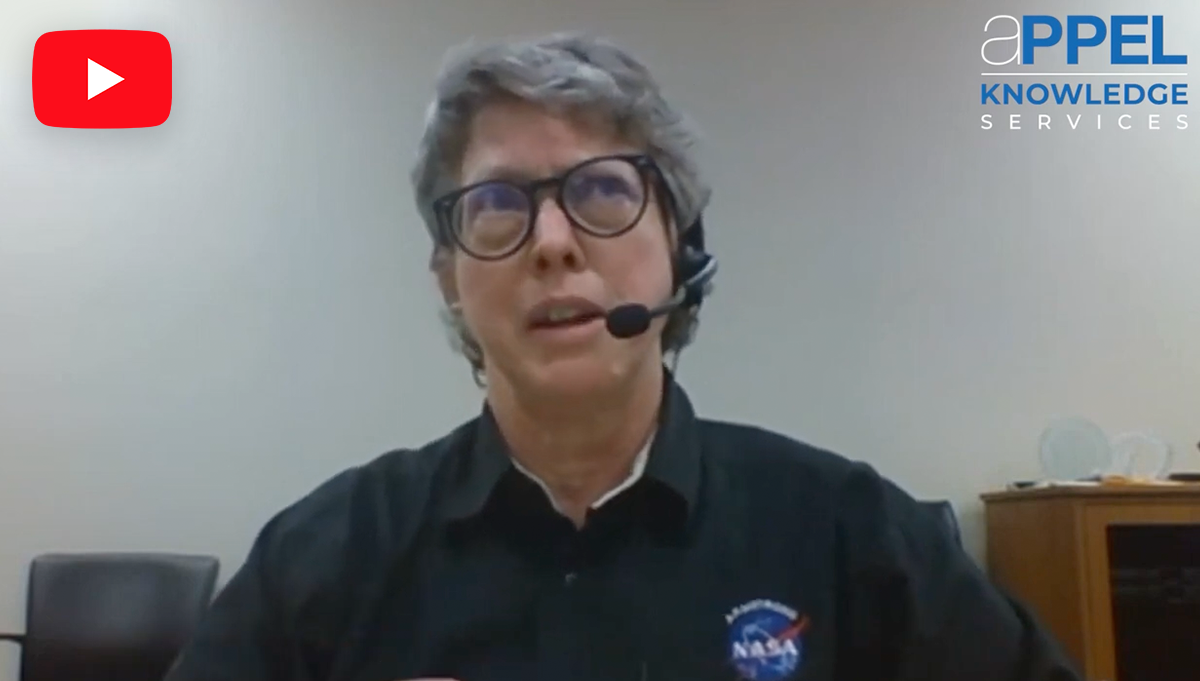New technologies and their risks are difficult to characterize and provide important opportunities for lessons learned and process improvements.
In November 2018 Thomas Zurbuchen, Associate Administrator for NASA’s Science Mission Directorate, and William H. Gerstenmaier, former associate administrator for the Human Exploration and Operations Mission Directorate, discussed lessons learned from large NASA projects. One lesson is recognizing that first-time builds can have a lot of difficult challenges, which provide valuable opportunities to learn and iterate on processes.
Video key learning points:
- 1.
First-time builds present challenges, some of which can be anticipated, while others may be unexpected. Introducing newly created technologies that interface with other new or existing technologies in a system for the first time makes it difficult to assess complexity.
- 2.
Technicians may not be able to get work done as quickly as envisioned on first-time builds. Lessons about how issues were successfully solved should be captured to help with future work. Using this method, procedures and processes can be made more effective for future builds.
- 3.
Reviews of lessons learned should be done throughout the mission life cycle and capture what was learned from successes and not just failures. This helps to balance learning and ensure that you help share the things that help make the project successful.
- 4.
Projects are structured linearly, but processes can still be continuously changed, updated, and improved.
- 5.
A project manager may need to conduct occasional deep-level investigations to gain a true understanding and iterate on processes.
Related Resources
NASA VPMC: Lessons Learned from Large NASA Projects (full video)
NASA APPEL KS Lessons Learned Resources
NASA APPEL KS Knowledge Inventory Lessons Learned
Learning from Projects: After Action Review Guide
NASA APPEL KS Spotlight on Lessons Learned Article Series
NASA APPEL KS Course: Pay It Forward: Capturing, Sharing and Learning NASA Lessons









